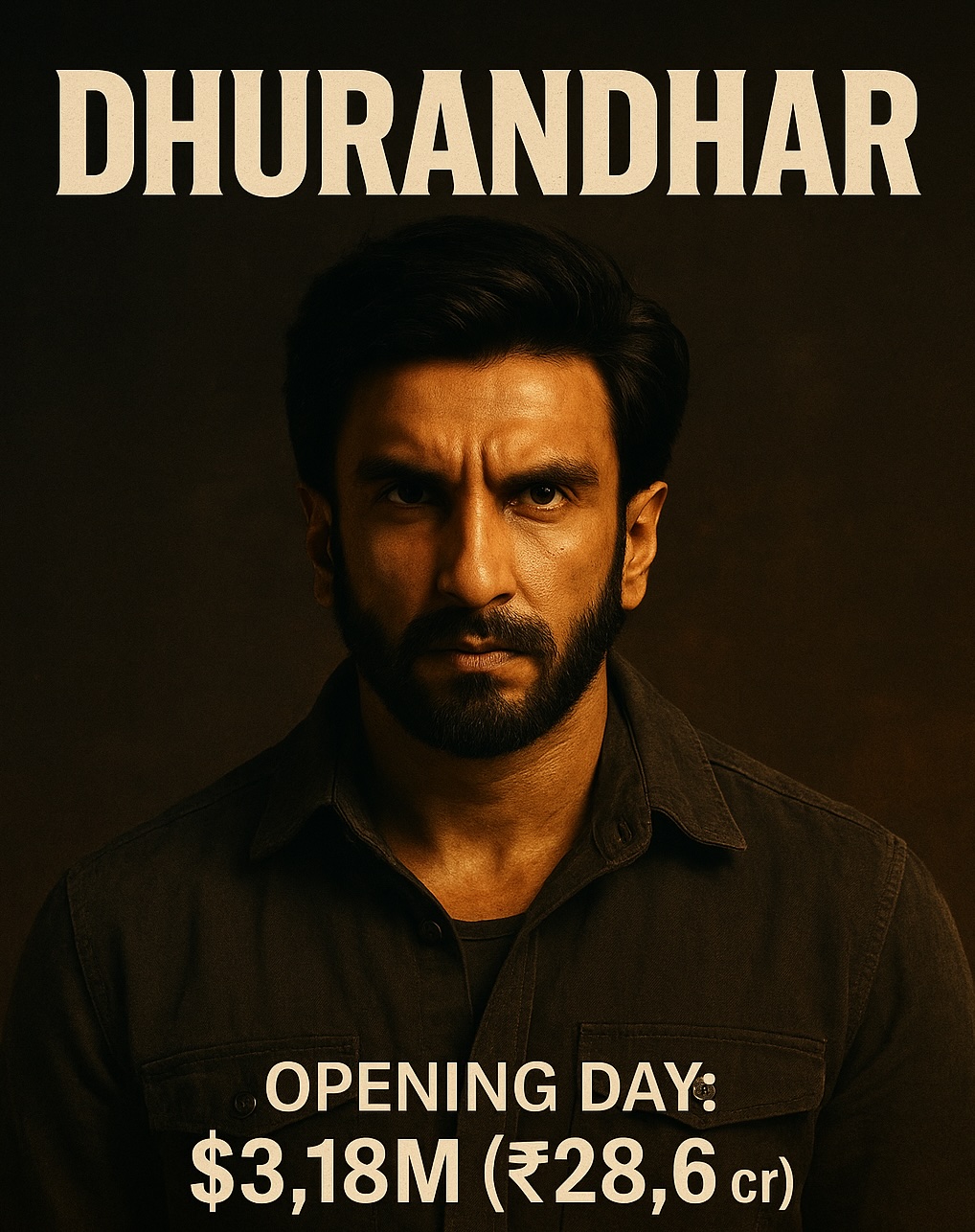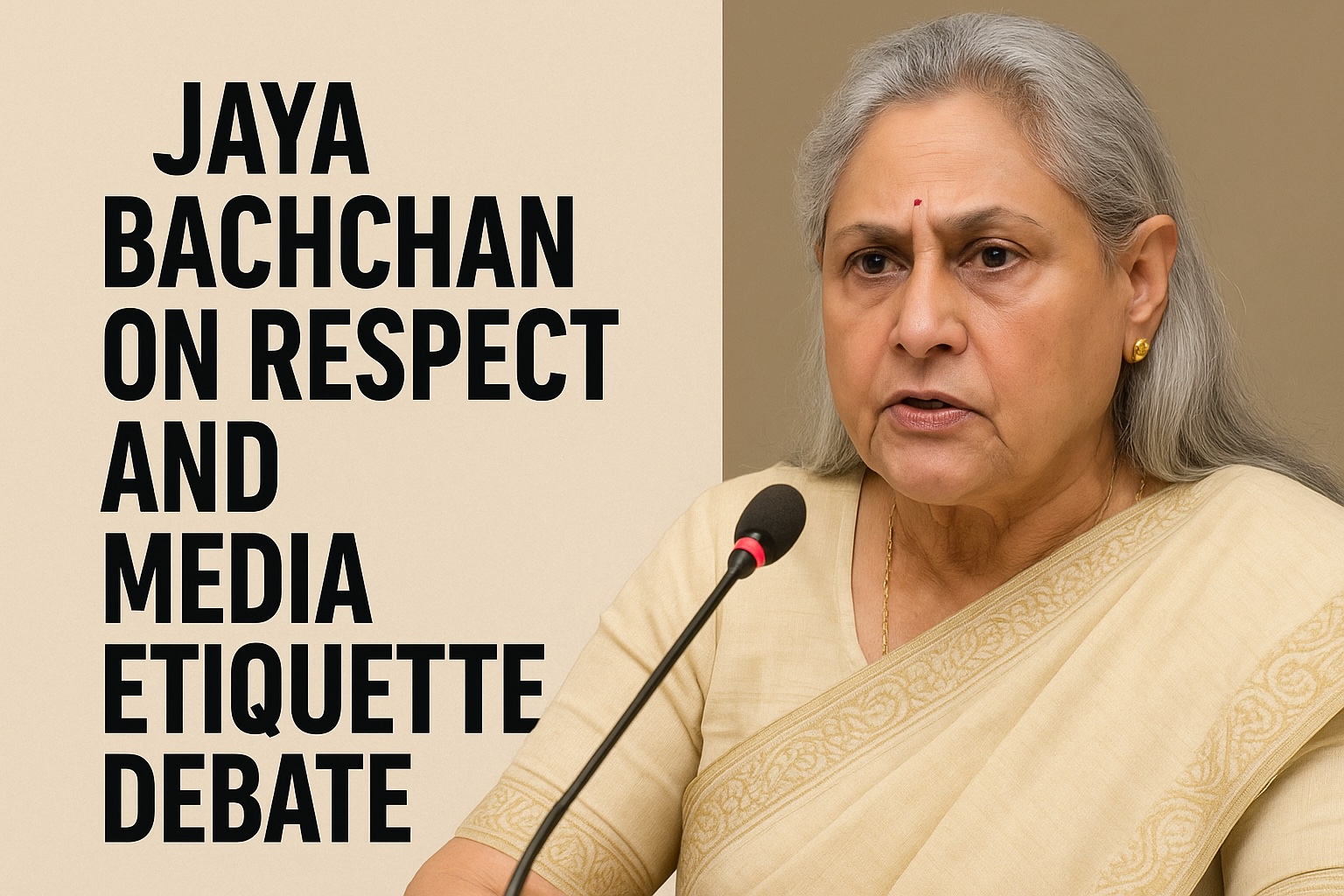“The apparent rise in rape cases has again brought the issue in sharp focus. I say apparent because when only one in every 70 cases gets reported, it could well mean that thankfully there is a rise in this skewed ratio and not the actual cases. I hope the courage to report will continue to spread and the silence around rape will be broken, surely and steadily. While the government and the judiciary have lots to account for, I can’t but feel part of the guilty civil society that stands silently, only letting out empty steam every now and then. I want to scream out for the thousandth time that rape is just not acceptable. I know it is stating the obvious, but then is anybody hearing?
When I read “A 10-year-old Dalit girl was gang-raped and burnt alive while another minor from the community and a mentally challenged teenager were sexually assaulted”, I was aghast at how low can low get. Rape continues to be a diabolic weapon to assert power in an unequal world. What good is information like, every 54 minutes a female is raped and that more than 80 per cent rapists are known to the victim? Or for that matter, a habitual rapist may molest 8-10 women before being caught. If all this information does not translate into breaking the silence, then what is the point?
But when a woman does find the courage to speak out, like Bhanwari Devi did, what happens? It inspires a whole lot of women to speak out, despite knowing that even 19 years later, there is no justice for her. Instead, Bhanwari’s morality was questioned and a warped verdict was given by saying, “How can upper caste men rape a Dalit!”
Even today she fights the conservative society that she lives in, but from a victim, she has become an activist. I remember going through her journey of being gang-raped, abused, humiliated, threatened and then struggling for justice in the film Bawandar. Though it was all playacting, the gang-rape scene was emotionally and physically a draining one. I, who had given enough talks on gender issues and had inspired victims to never feel guilty, felt a deep sense of shame and anger, as the men stood around laughing and making lewd comments during the scene. The actor in me was taken over by the woman in me and it was one rare time that I screamed on a shoot. That incident made me feel so violated, and while I believe one doesn’t have to go through every experience to feel empathy, strangely I am glad I did.
A year later at Chicago University, at a post screening interaction of Bawandar, a girl came to me, all teary. She said this was her sister’s story, right there on the campus. She regretted not having the courage to report it. Something made me say, “Did it happen to you?” Her jaw dropped as she nodded. We then spoke for a long while. That incident, and the realisation that women across class, race, nation often suffer in silence, left a deep impact on me. In fact, women like Bhanwari are stronger than many of us, who despite our education and upbringing may not have the courage to stand up to the social stigma that comes with it.
Whether it is a film or the slutwalk, or for that matter even a television debate, whatever keeps the issue alive is good. At the very least it helps in reminding us that there is absolutely no excuse for abusing women. After all, Bhanwari Devi did not wear miniskirts and Dalit women are not so untouchable. Various forms of protest are always welcome. But I am waiting for the day it will outrage us enough to take to the streets, like people did for 26/11 or for the anti-corruption campaign. I wonder when we will respond to their sound of silence.”





